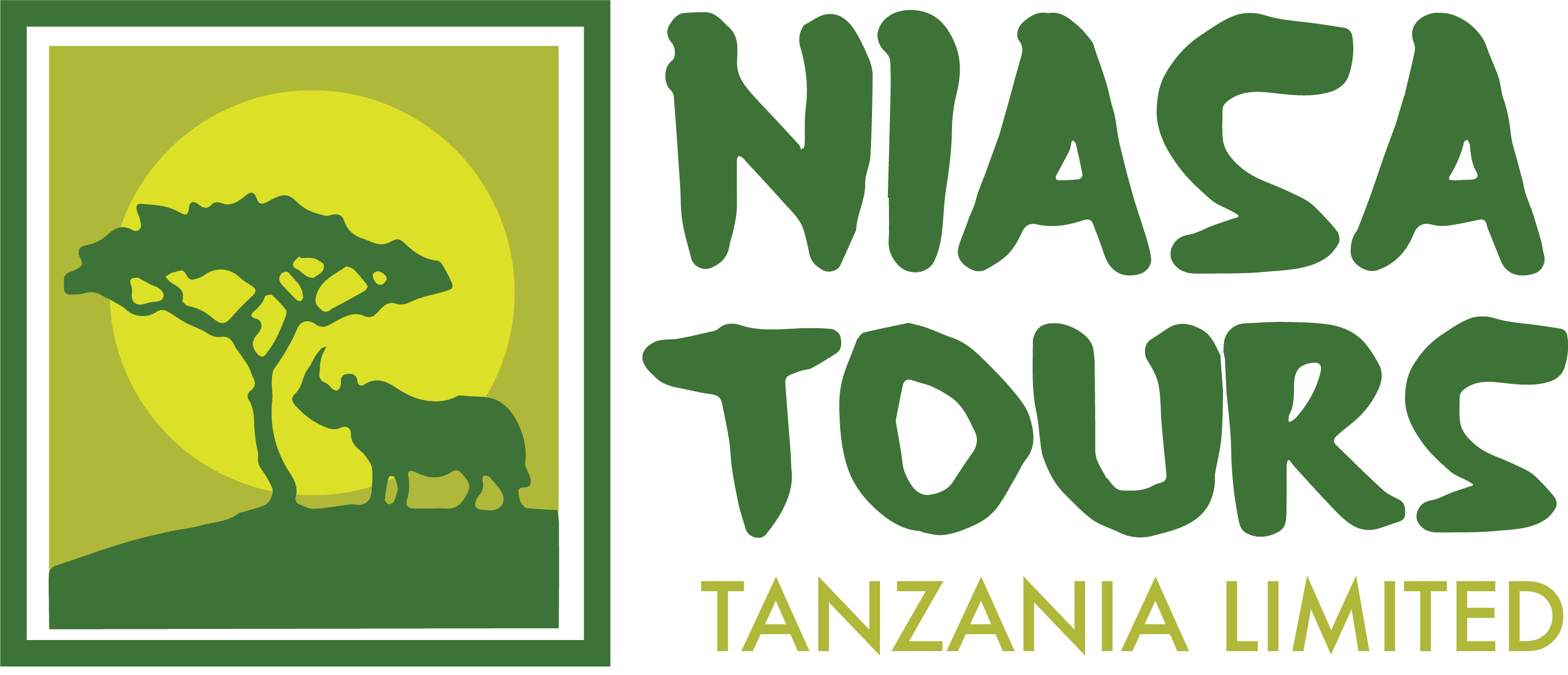Due to an increased number of travelers all across the world that are trying to recover from the impacts of Covid-19, there is also a hightide of scammers all over. This is because there is a high demand of tourism products and especially in Tanzania, which is the best when it comes to adventure and wildlife safaris. Now, Niasa Tours (T) LTD is giving you some of the important hints that you should look up to when choosing genuine safari and tours companies.
DO NOT BE INTIMIDATED BY LOW PRICES.
This is one of the best ways scammers get a hold of many tourists. They set lower prices that might look attractive to you and since there is always a need for a down payment or some companies demand almost full payments to be done prior, then most of tourists loose their money.
A safe and comfortable 7-day Serengeti Ngorongoro adventure for a group of 4-6 persons cannot cost less than US$ 2000 per tourist. A shorter 5-6 adventure may be slightly less expensive, and there may be discounts for large groups. No matter what, the price will be around USD 3000-4000. A good midrange lodge safari will cost you something between USD 250 and 400 per day. Cheaper prices are available for camping trips only.
DO NOT SEND DEPOSITS VIA WESTERN UNION
A genuine tour operator always has a authentic bank account with one of the trustworthy country banks. In Tanzania these banks are commonly CRDB, Equity, NMB, DTB and Exim.
Attention! The account should be on the company name, not in the name of a private individual. Sometimes the “company directors” may be urging you to send the deposit to their private accounts. Stay away from them – all travel companies in Tanzania are required by law to have business accounts that comply with the law.
ASK FOR TALA LICENCE FROM THE MINISTRY OF NATURAL RESOURCES AND TOURISM
Tanzania laws require each tour operator should have a license. It is often a good idea to ask for a soft copy, or photograph of the official license. All license bearers are registered with the Ministry and clearly stated on the license, if any problems arise, the directors and the managers of these companies can be easily tracked down.
In addition to that, licensing fees are quite high – the annual fees for a safari license range from US$ 200 to US$5000, depending on the ownership type and the number of safari vehicles. In any case, paying for a license is a substantial investment which only the operators who value their reputation are ready to spend.
Even if an operator offers you with a copy of their license, make sure to check it against the payment details provided – the banking information and the name of the license holder should be the same. Some scammers may obtain a copy of a legitimate operator’s license and then use it to scam clients.
ASK FOR TIN (TAXPAYER IDENTIFICATION NUMBER)
All legitimate businesses in Tanzania are registered with the Tanzania Revenue Authority and should have a corresponding registration certificate. Asking for a one and checking it against a license is always a good idea. There is always a chance that a license can be fabricated, but forging the both documents is a risk few are prepared to take.
Also, the companies with more than USD 50,000/- turnover should register for Value Added Tax and get a corresponding certificate from the TRA. Asking for one is always a sound idea, as few scammers ever expect someone requesting it. A good, law-abiding company will always provide it at once, while those with ill intentions will be unpleasantly surprised with your familiarity with the regulations. It is likely that they will leave you for good after the request. If not, then their excuses will certainly make you suspicious.
LOOK INTO THEIR WEBSITES & EMAILS
Emails
A real tour operator never has an email account registered on “gmail.com”, “yahoo.com” or other public domains. The overwhelming majority are ready to spend around US$100 per year for a corporate email, which ending is identical to the company’s website. For example, all our emails end with @niasatours.com. An email like “hamisitours@gmail.com” or similar looks suspicious and should not be trusted.
Website
The majority of high-ranked tour operators have modern websites with engaging content, and regular updates. Every year the market becomes more and more competitive, and good tour operators invest in a quality website.
Thus, if a tour operator’s website has only a few articles with several stock images on it, it is a hint that this may be a scammer’s site.
Facebook and Instagram profiles
Each travel company has a Facebook or Instagram account. Most have both. Some are using these platforms to market their adventures, others simply publish photos and videos from their trips. In either case, these profiles are a great tool to see if the company has regular operations.
